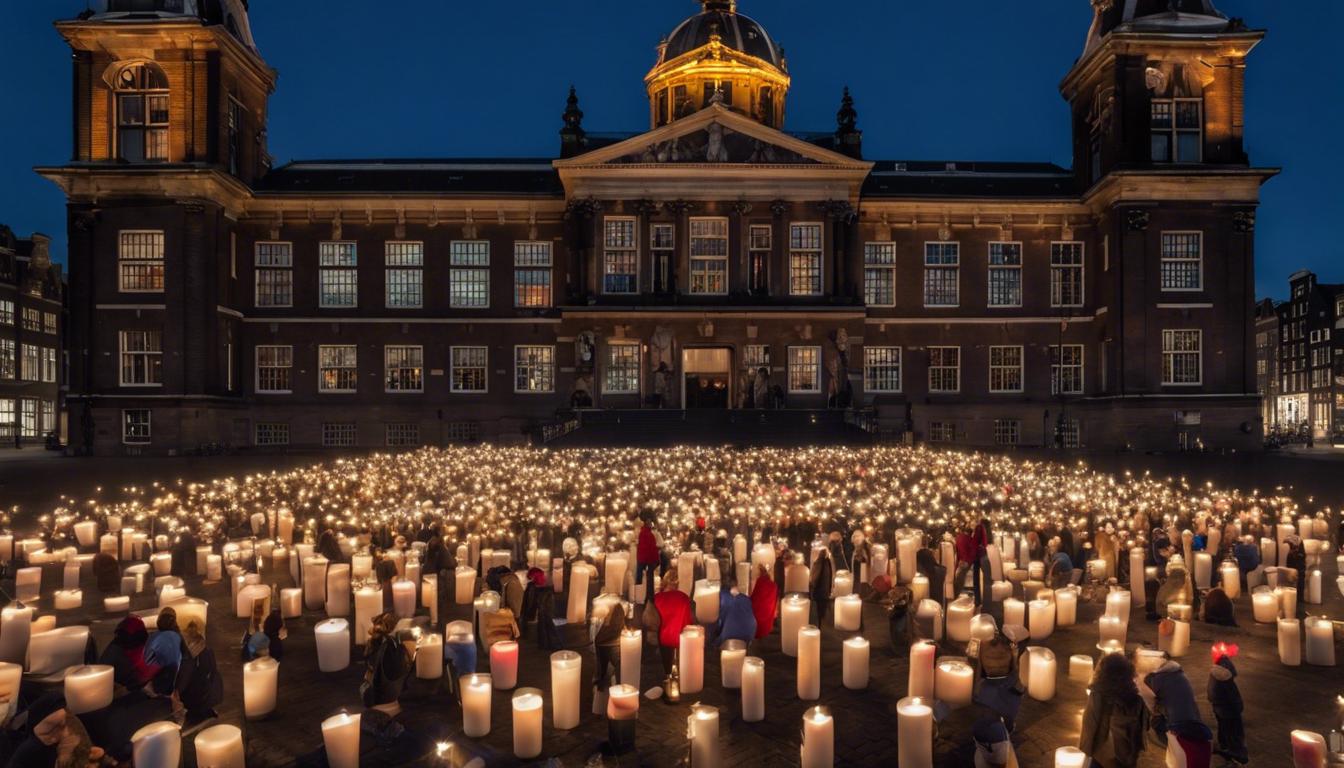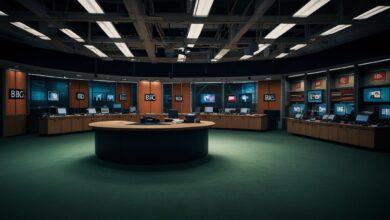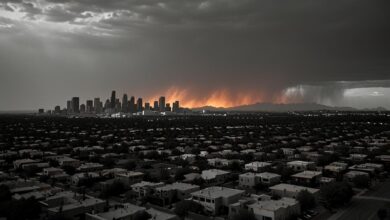From London’s antisemitism concerns to protests in Arab Israeli towns and the controversial opening of the National Holocaust Museum in Amsterdam, events underscore the deep divisions and ongoing struggle for rights, recognition, and peace.
In a series of events reflecting the ongoing tensions and historical grievances, London has been described by some as a “no-go zone for Jews,” sparking concern among the Jewish community. This description, linked to the rise of antisemitism, contrasts with experiences of Jewish participation in recent marches reflecting solidarity and resistance against censorship and oppression. The issue emphasizes the debate over freedom of expression amidst escalating conflicts.
In another section of the world, Arab Israeli towns like Tayibe have started to hold protests against the Gaza war, showcasing a shift in the previously suppressed expressions of dissent among Palestinian citizens of Israel. About 200 protesters in Tayibe marked a significant moment, calling for a ceasefire and reflecting the growing international pressure on Israel to consider the civilian impacts of its actions in Gaza.
Amidst this backdrop of conflict, The Netherlands prepared to inaugurate its National Holocaust Museum in Amsterdam, an event that attracted controversy due to the presence of Israeli President Isaac Herzog amid the ongoing Gaza crisis. Dutch King Willem-Alexander and Herzog were set to open the museum, dedicated to commemorating the 102,000 Jews deported and murdered in Nazi camps. The museum’s opening, intended as a memorial to the victims of the Holocaust, was met with mixed reactions including protests, highlighting the complex interplay between historical remembrance and present geopolitical tensions.
These events underscore the contrasting perspectives and challenges faced by Jewish and Arab communities, both in the face of historical atrocities and current conflicts. From London to Tayibe and Amsterdam, the call for dialogue, remembrance, and a reevaluation of policies reflects the ongoing struggle for rights, recognition, and peace amidst deeply rooted divisions and unrest.



